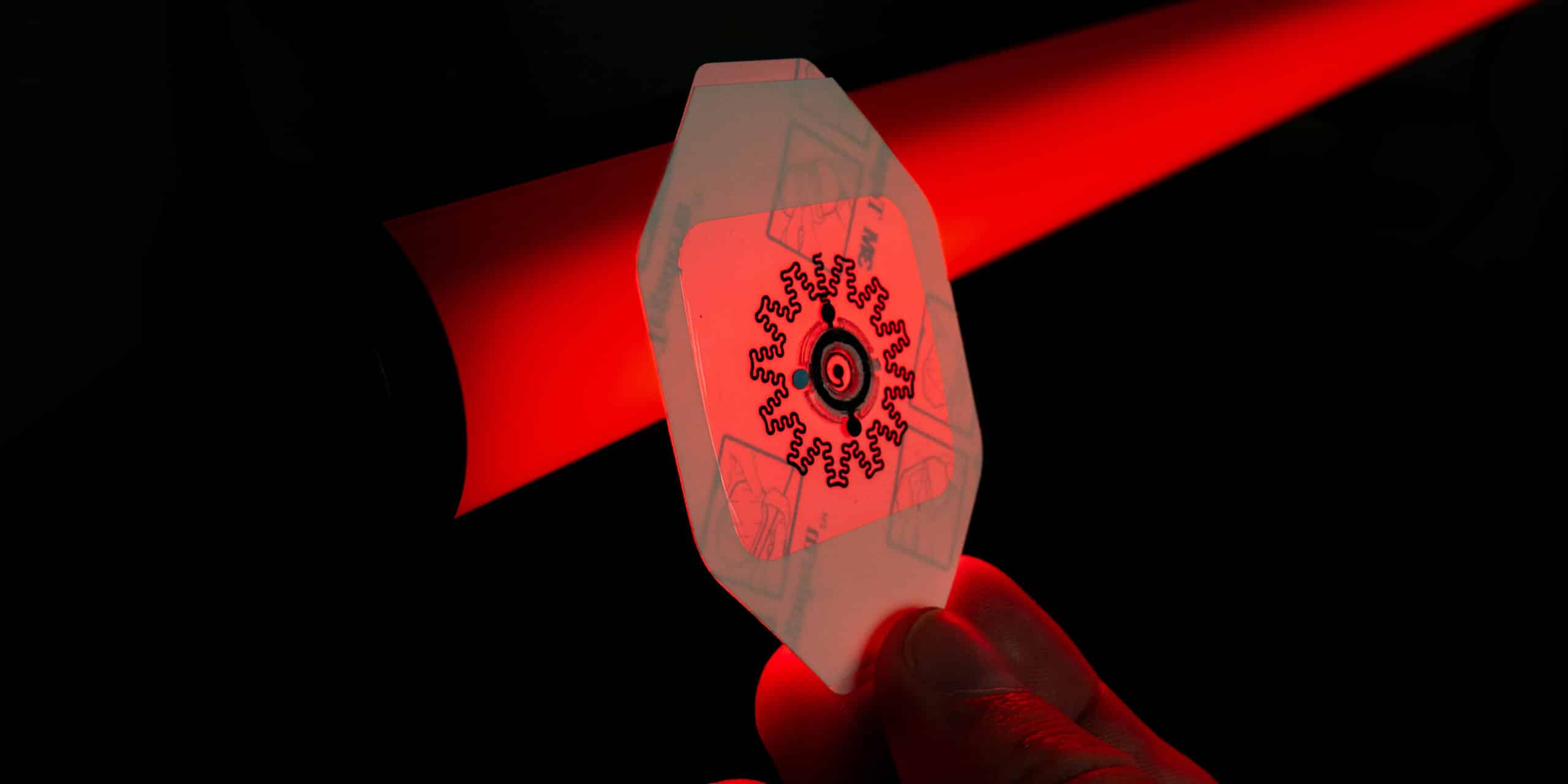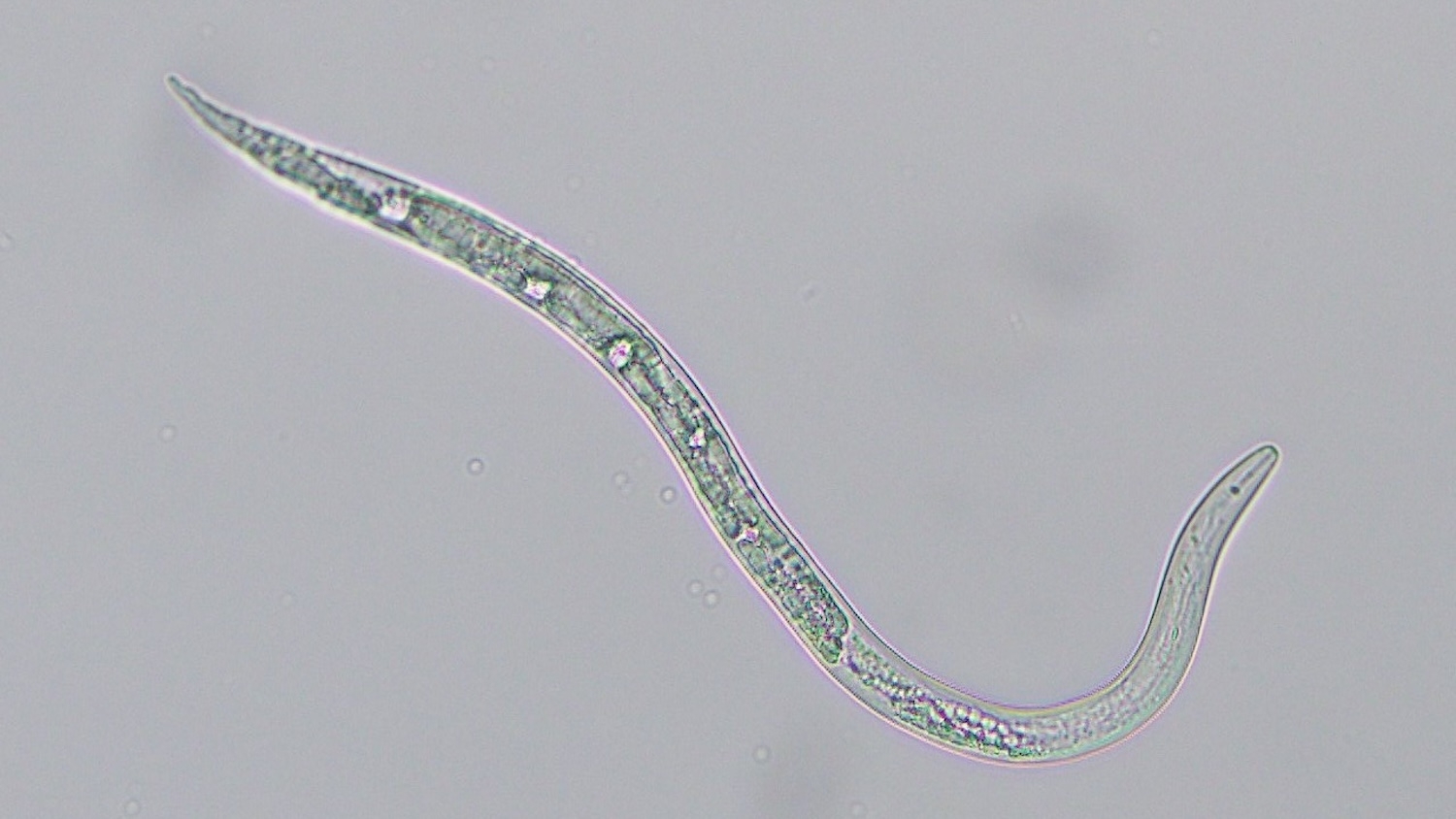Quantum sensing project receives $1.1M NSF grant

Dr. Jianqing Liu, an assistant professor in the NC State Computer Science (CSC) department, was recently awarded a $1.1 million grant by the National Science Foundation (NSF) for his project “Quantum-Enhanced Optical Diagnosis of Crop Diseases.”

NC State has never had a winning project…until now. Liu was awarded with a $1.1 million grant that he will use to help further fund research and development of his project.
“I think as a quantum researcher at NC State, they have plenty of resources from the industry, through the industry ePartner program, as well as the Student Resources, I can tell that a number of students started getting more interested in quantum research,” Liu said.
His passion for quantum research led him to start his own project aimed at plant health in North Carolina, and combating what he calls “a headache” in the agriculture industry: downy mildew.
Downy mildew is a plant disease that infects the plant leaves and kills them at a rapid rate. Once infected, it takes around four to five days to become detectable, which in most cases is too late. To treat the mildew, fungicides are used, which are not environmentally friendly.
Liu’s project is aimed at shortening the detection time of four to five days down to one to two days, giving plants a greater chance of survival and maintaining these ecosystems.
“It can save a lot of money for the farmers and improve the production of the plants,” Liu said.
Through the use of quantum sensing, prototypes have been made that can sense the presence of downy mildew as soon as it appears, therefore hopefully, eradicating the presence of downy mildew in the area.
Liu decided to enter his project into NSF’s annual program called the Transformational Advances in Quantum Systems–or TAQS for short. There is a different topic chosen every year, with this year’s topic being quantum sensing.
“Every Institute is only allowed to submit two proposals, in addition to that internal selection, there are two rounds of the NSF review process. So altogether, three rounds of review, so it is quite selective,” Liu said.
“I think this project, not only benefits my home [CSC] department, it also will create significance to the NC State quantum program…I think winning these projects will give a big momentum to NC State’s development plan, and more importantly, I think it allows State to be exposed to the broad quantum community.”
Liu, who earned his PhD from the University of Florida in 2018, is in his second year teaching Quantum Communications at NC State. He is very passionate about quantum research, and has recruited two PhD students to NC State to assist with his research.
Liu says he was filled with excitement when he found out he had won the NSF award. Access to this funding greatly increases his opportunities at NC State, including working on this project while also teaching, growing his lab, and bringing in more PhD students.
This post was originally published in the Department of Computer Science.
- Categories:


